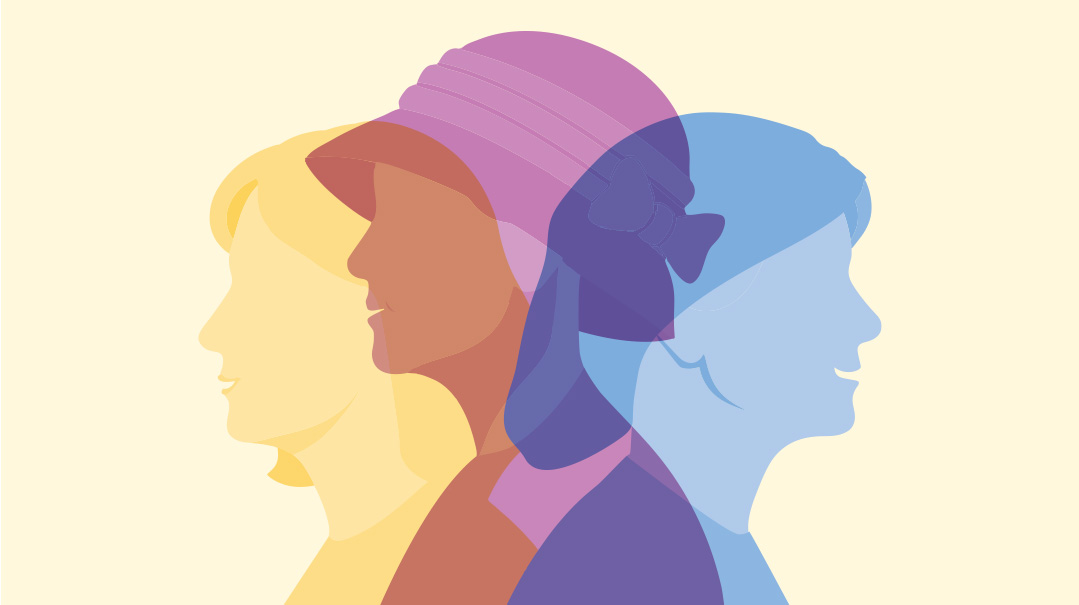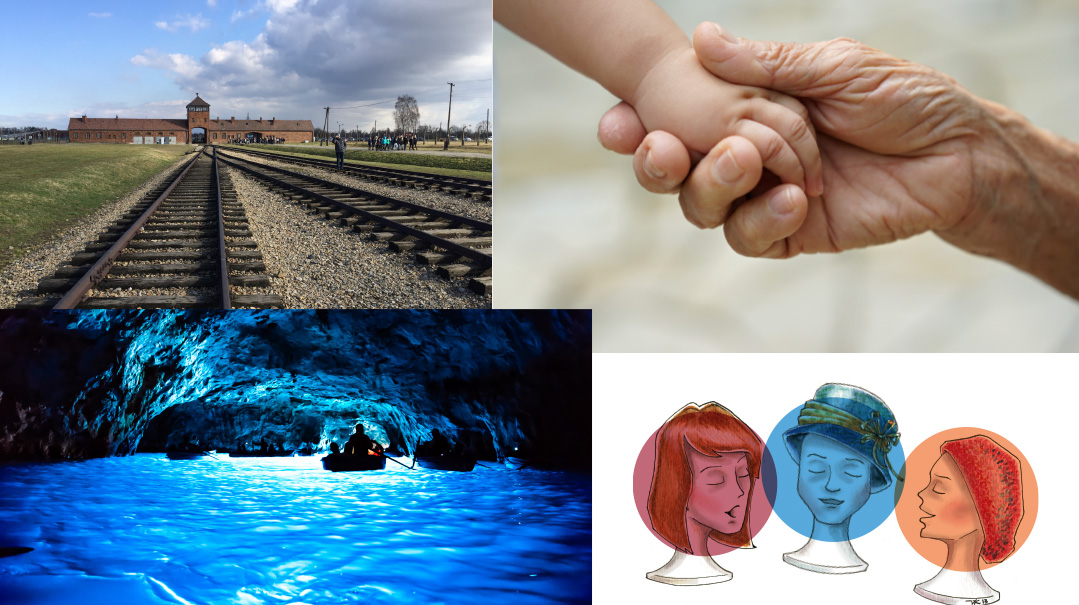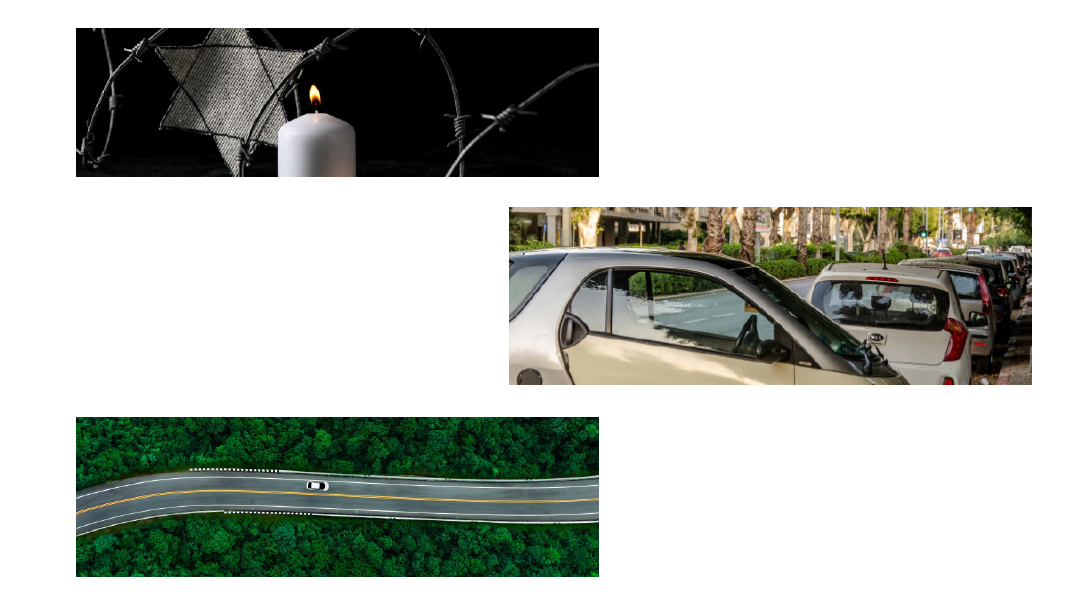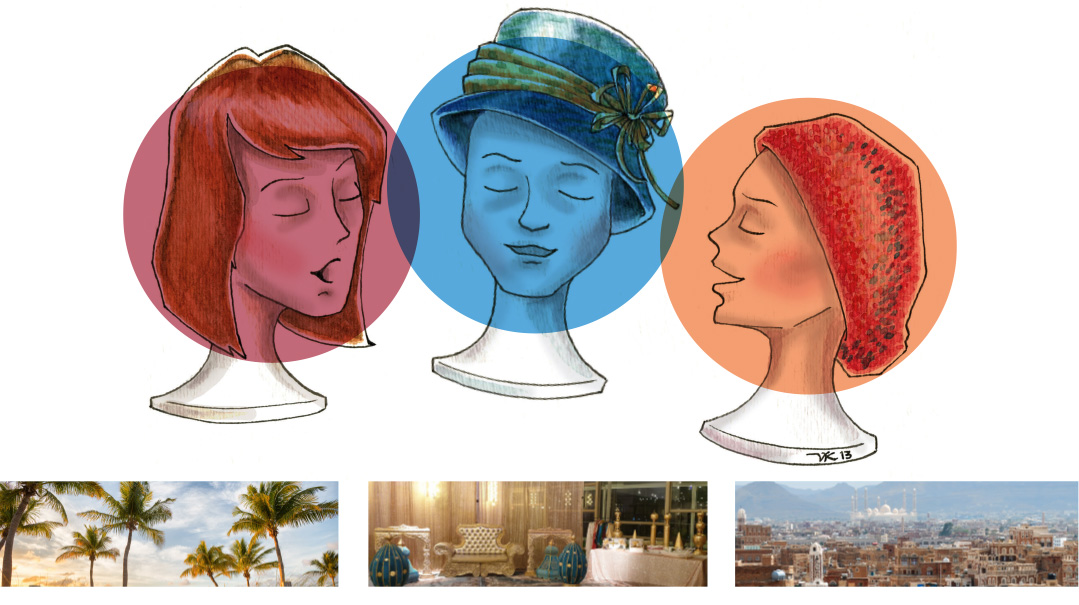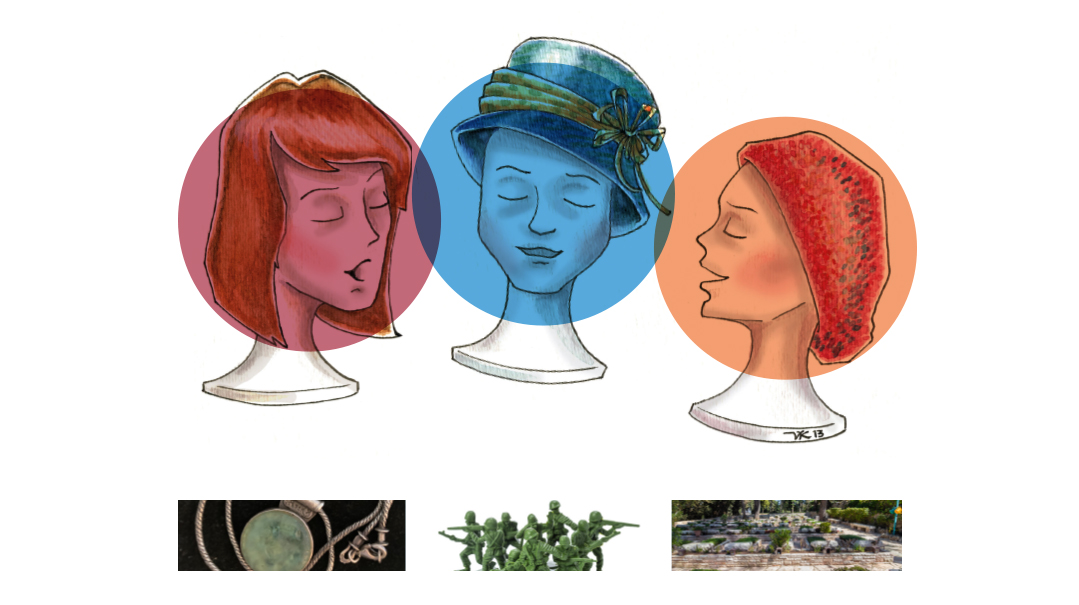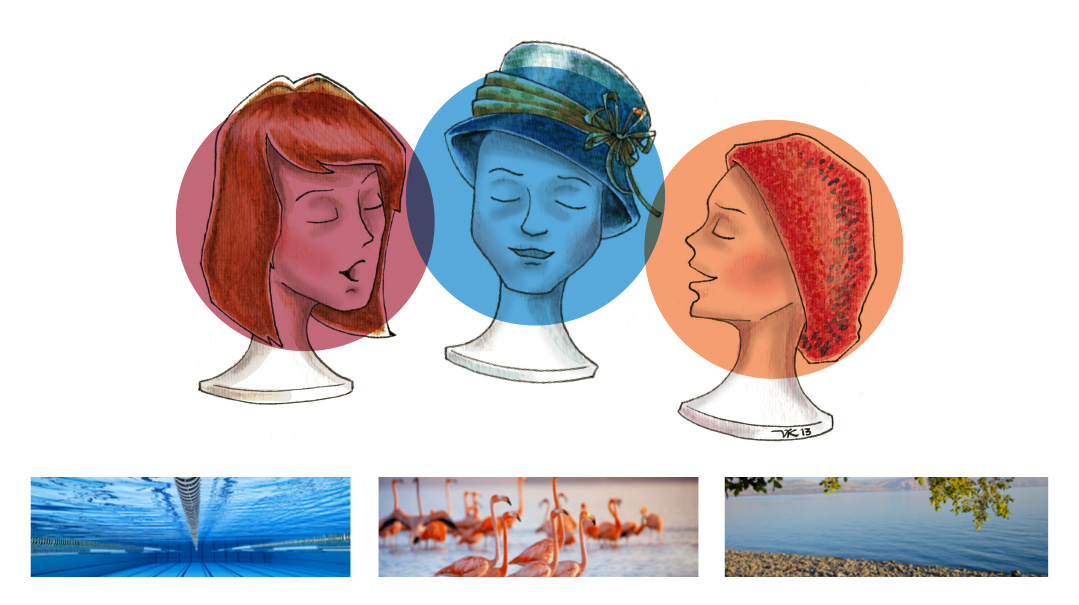Bless You!
| October 26, 2021Brachos are not just reserved for Elul; throughout the year, we’ve been privileged to receive brachos from various sources
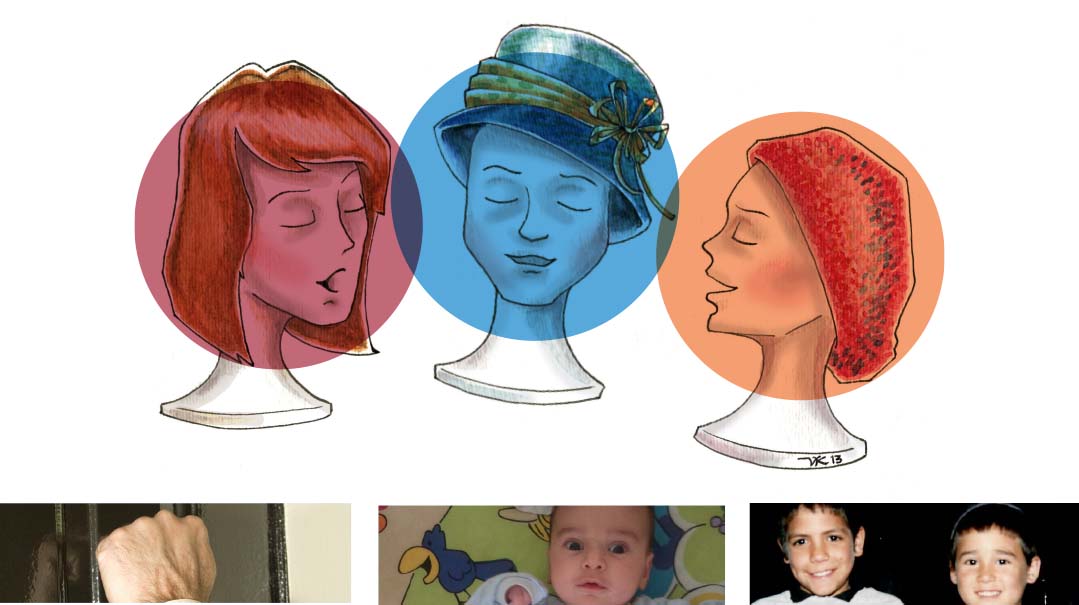
The Yamim Noraim are far behind us, but we Sisters are still basking in the glow of what we call oonvinch phone calls. That’s when we “vinch” each other, bless each other, with brachos for the new year that range from the serious to the silly, from the mundane to the momentous.
We generally start with giving each other the brachah of GEFEN, the Yiddish acronym for Gezundt, Parnassah, Nachas. The Basics.
Next, details. All our bakashos should be answered. Hashem should grant us everything we ask for — and He should also give us the things we don’t even realize we need.
Then we move on to our half-serious, half-joking family brachah: We should kimmen tzum seichel (come to our senses) bimheirah beyameinu (quickly and in our days.) Umein!
On to the next brachah: we should celebrate simchahs together. Which brings us to… swimming — we should celebrate simchahs and “schvim-chas”! (Ever notice that in Hebrew the words for pool and blessing — bereichah and brachah — are almost identical?)
We end with one final brachah: We should continue to Schmooze together — on the phone, through Zoom, in person, and in Family First!
Yet brachos are not just reserved for Elul; throughout the year, we’ve been privileged to receive brachos from various sources — friends, family, rebbeim, and even mekubalim. Join us as we recall them.
And, though it’s a bit late for a proper oonvinch call, we’d like to extend our own brachos for GEFEN plus to all our readers.
Miriam talks about...
My Two Little Brachos
Hashem, we know, isn’t an ATM machine: stick a segulah in the slot, key in a brachah in place of the passcode, and voilà! — instant refuos, yeshuos, shidduchim.
It doesn’t work like that. And yet, sometimes…
When Husband and I moved to Eretz Yisrael years ago, we already knew that the blessing of children wasn't going to be simple for us. There are, we knew, three partners in every child, and since two of the partners were in trouble, we were going to turn to our third Partner for help. We were going to the land of kivrei tzaddikim, gedolei Yisrael, and miracles, and we were going to use that opportunity to the fullest.
And we did. We davened at the kever of the Arizal on his yahrtzeit. We went to Meron on Lag B’omer. We rode to the Kosel on the unforgettable Bus #1, flying through the Old City, barely missing scraping the roof of the bus on the arches. We discussed our problems with Mamma Rochel in Beit Lechem and the Avos in Chevron.
We didn’t turn only to those in Shamayim. We stood at the sickbed of the famed kabbalist Rav Kadouri, got a brachah and a bit of gentle mussar from a talmid of the Chofetz Chaim, said specific chapters of Tehillim that chassidic rebbes recommended. Husband drank water that Baba Sali gave him, and I munched on ground gemstones (no taste, weird feeling).
We heard about a man named Rabbi Moshe Ben Tov. He lived in Beer Sheva and was a close disciple of Baba Sali. He was known as the “Ro’eh Hamezuzot — the Seer of Mezuzahs.” People came to him from all over Eretz Yisrael. They handed him their mezuzahs and waited anxiously to see what he’d tell them as he bent over and discovered the secrets that those parchments held.
It’s been more than four decades, and memories have faded. I have a dim recollection of eyes both piercing and kind, a simple apartment. He looked at our mezuzahs and gave us detailed — and surprising — instructions. We were to buy a silver kos and have it inscribed with very specific Hebrew words.
We did what he’d asked us to do and put the kos away.
Oops! We could not locate your form.

